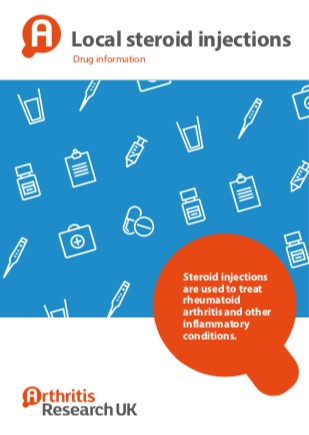Cortisone is a substance similar to a natural steroid hormone produced by the body. Cortisone injections are given into a painful joint to reduce pain and swelling in conditions such as gout, rheumatoid arthritis, osteoarthritis, tendinitis, carpal tunnel syndrome and tennis elbow.
Cortisone injections are used when there is a flare-up or the pain in the joint is not responsive to other treatments or when other medications cannot be used. They provide short-term pain relief, usually for up to a month, but do not improve joint function or stiffness.
(RheumInfo, CA, 2019)
Note: this video is from Canada so may have information that differs from New Zealand recommendations. Read more about cortisone injections into joints.
Avoid regular repeated injections
Cortisone injections are used as short-term relief. Regular repeated steroid injections are not recommended. Frequent injections into the same area can cause the bone, ligaments and tendons to weaken over time. Generally, cortisone injections are not given more often than 3 or 4 times a year and they are at least 6 weeks apart.









